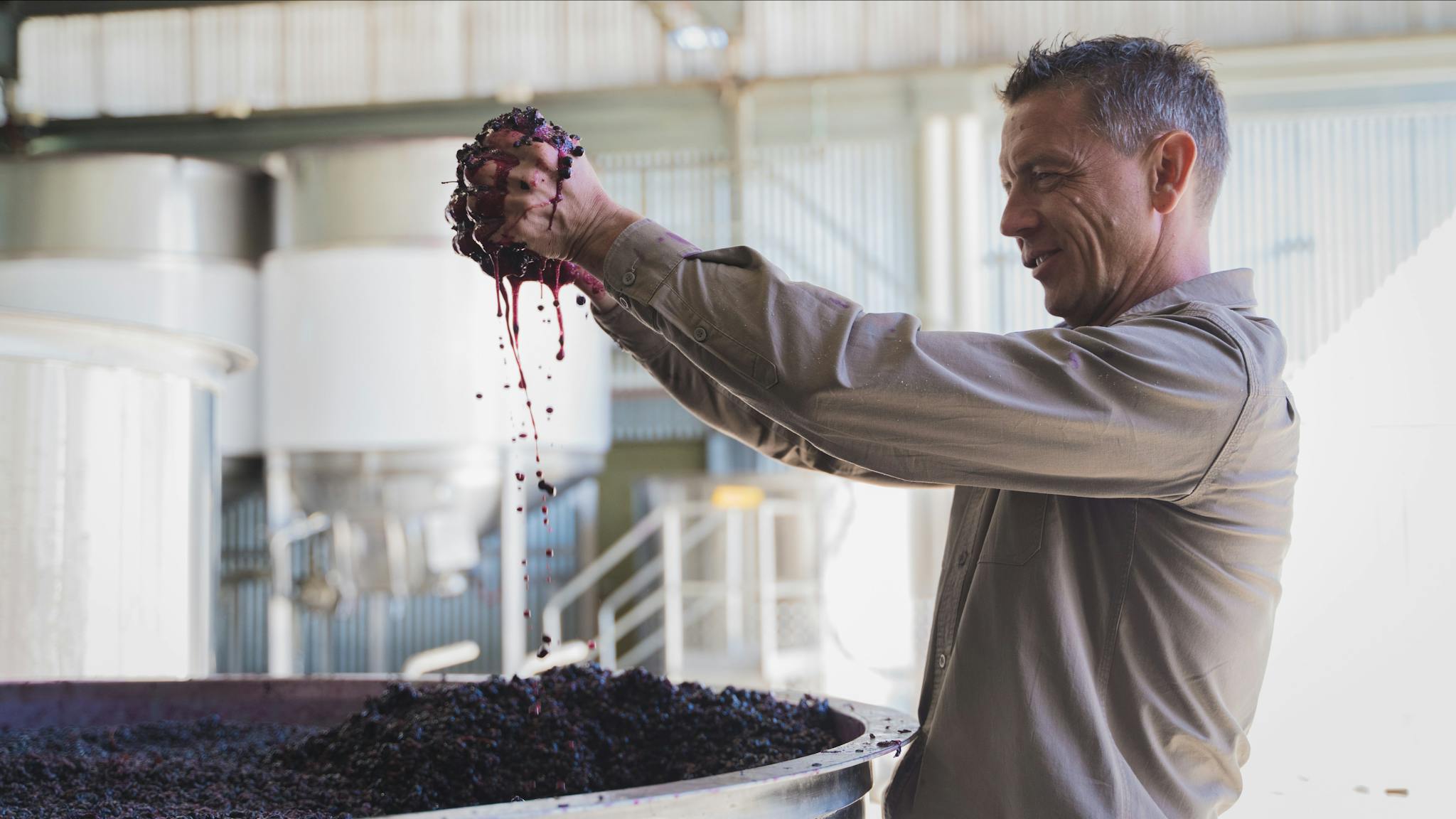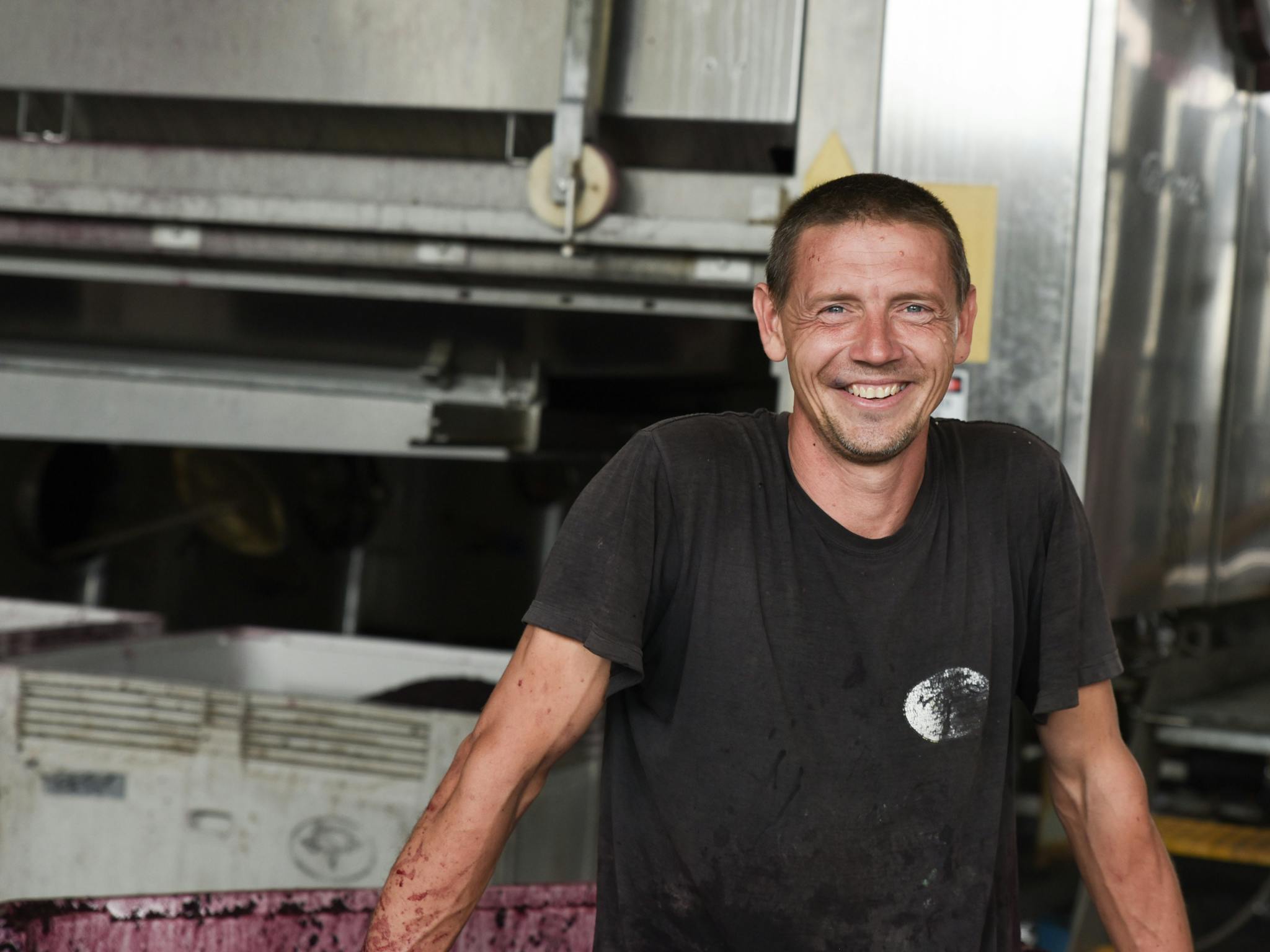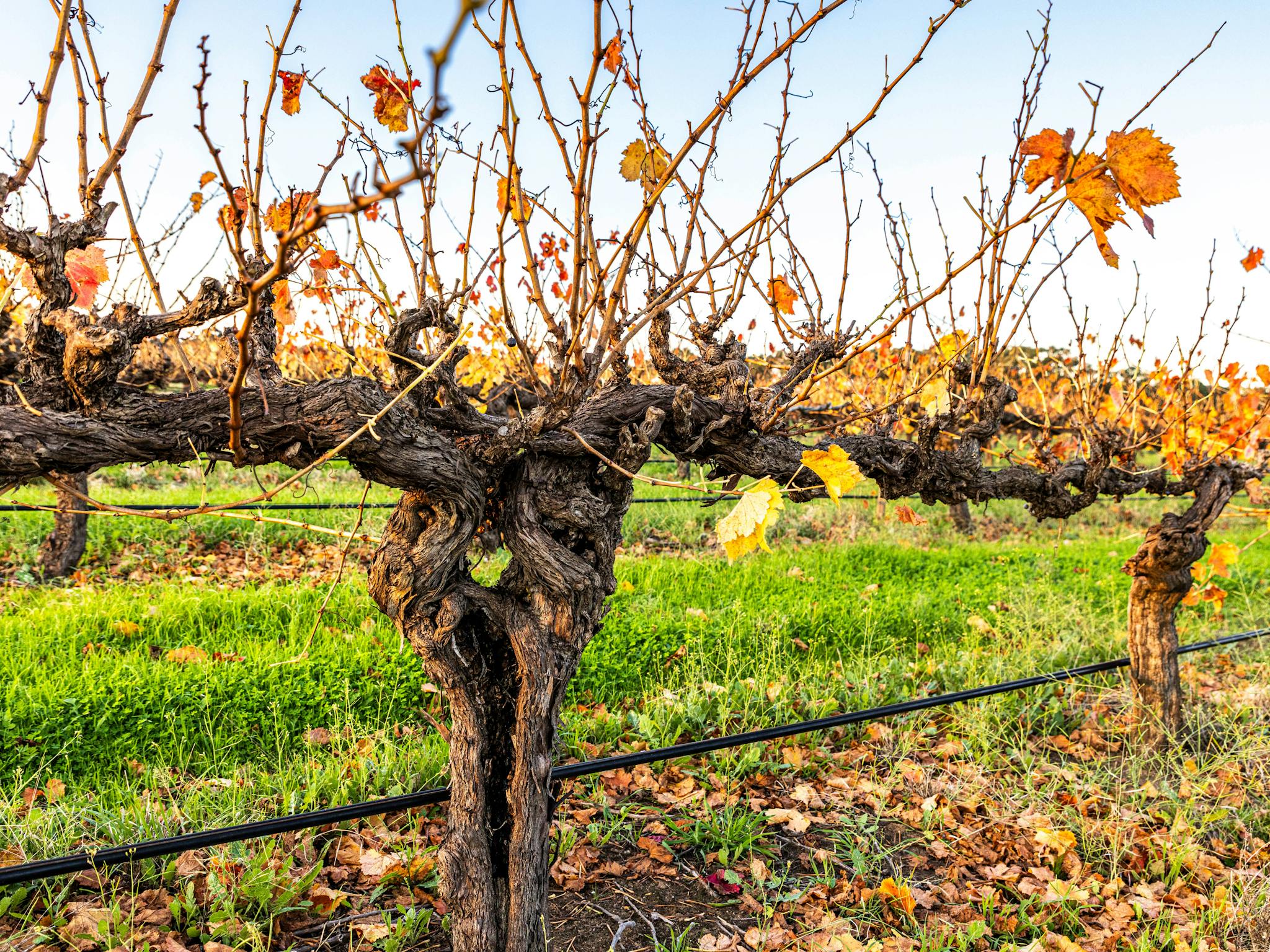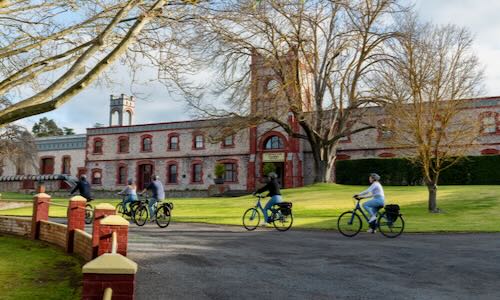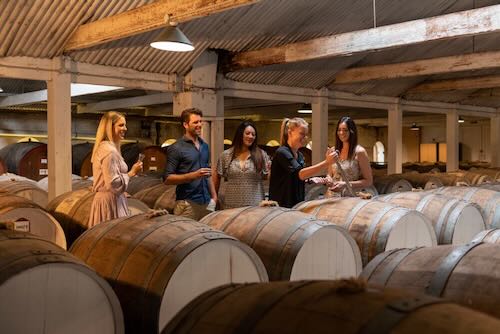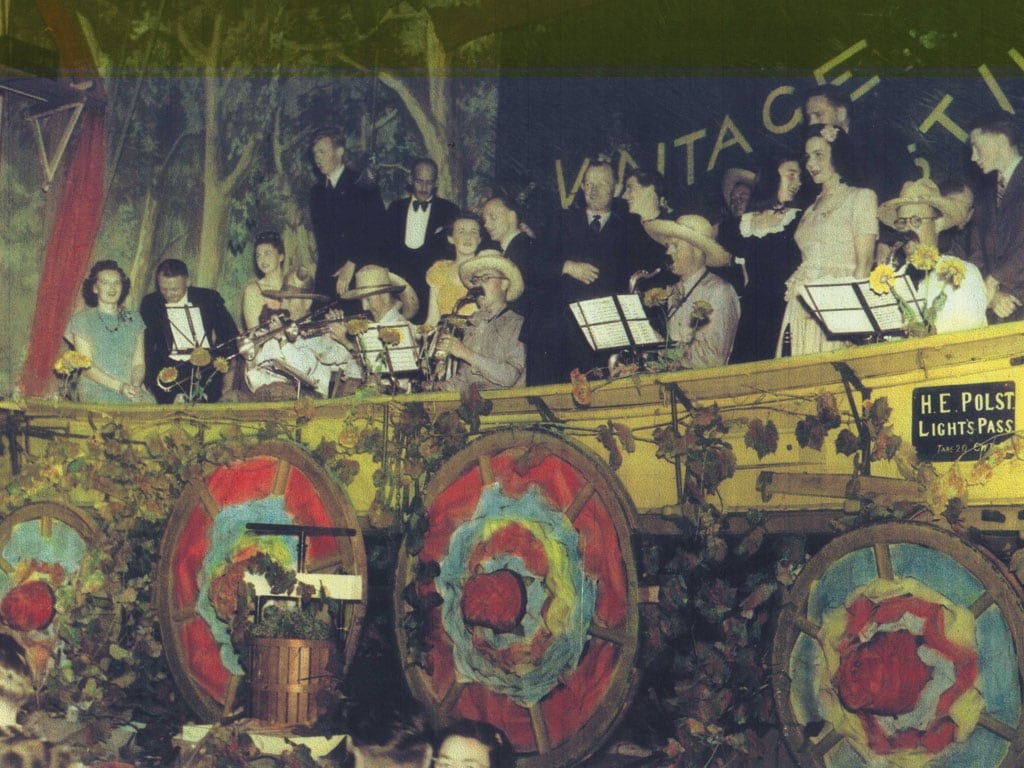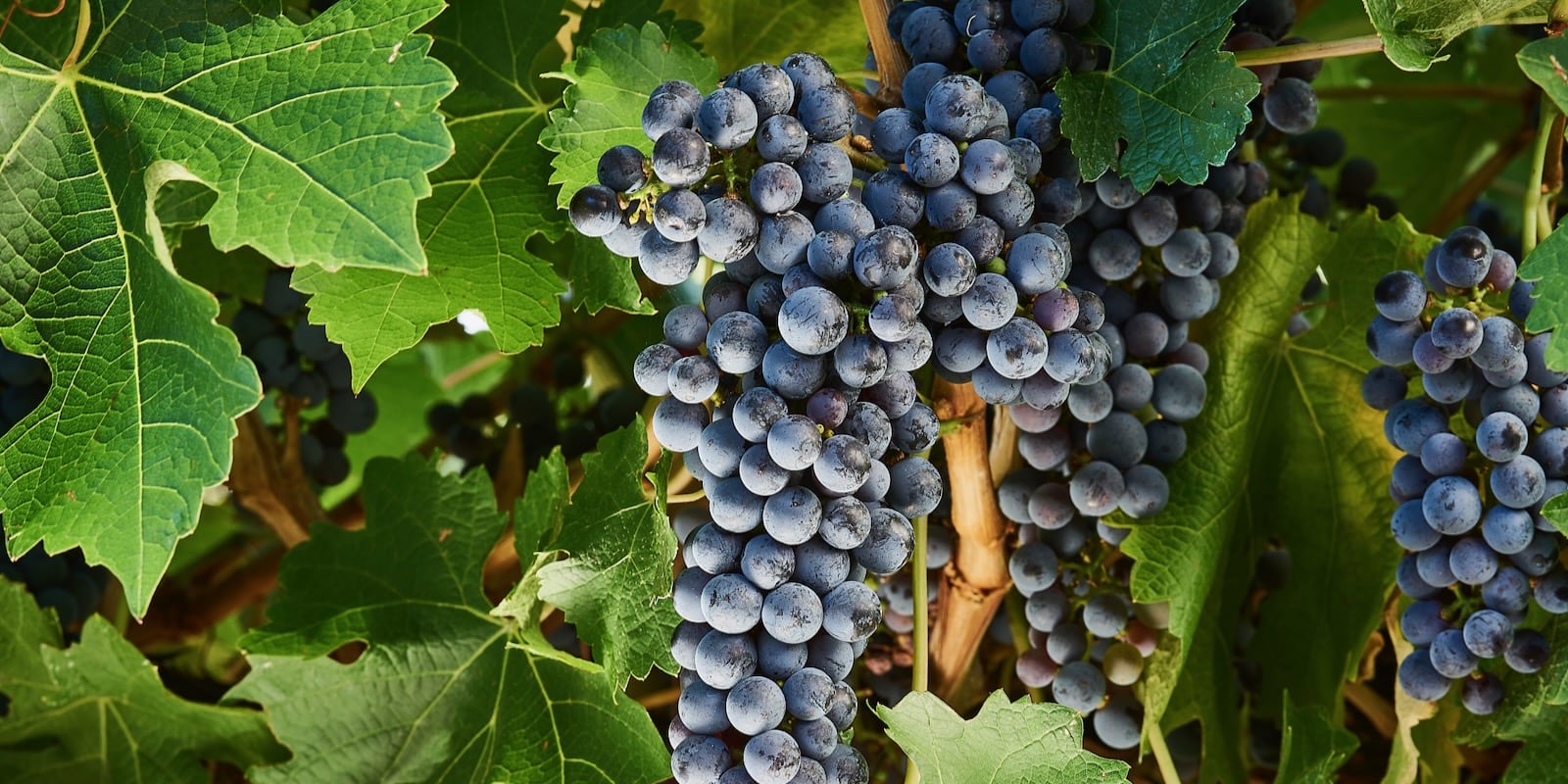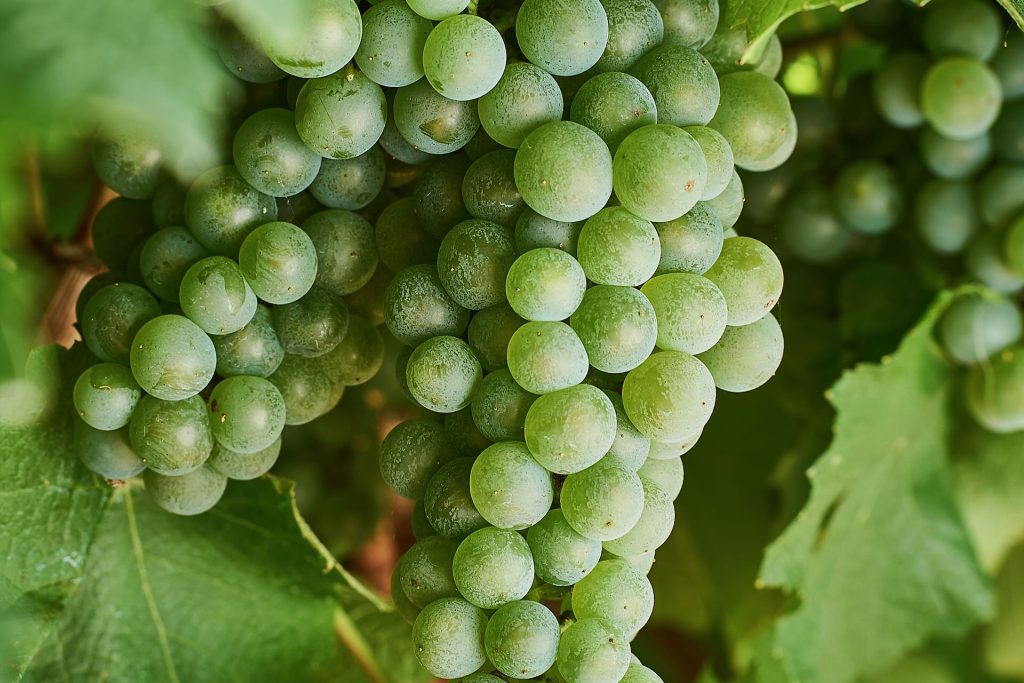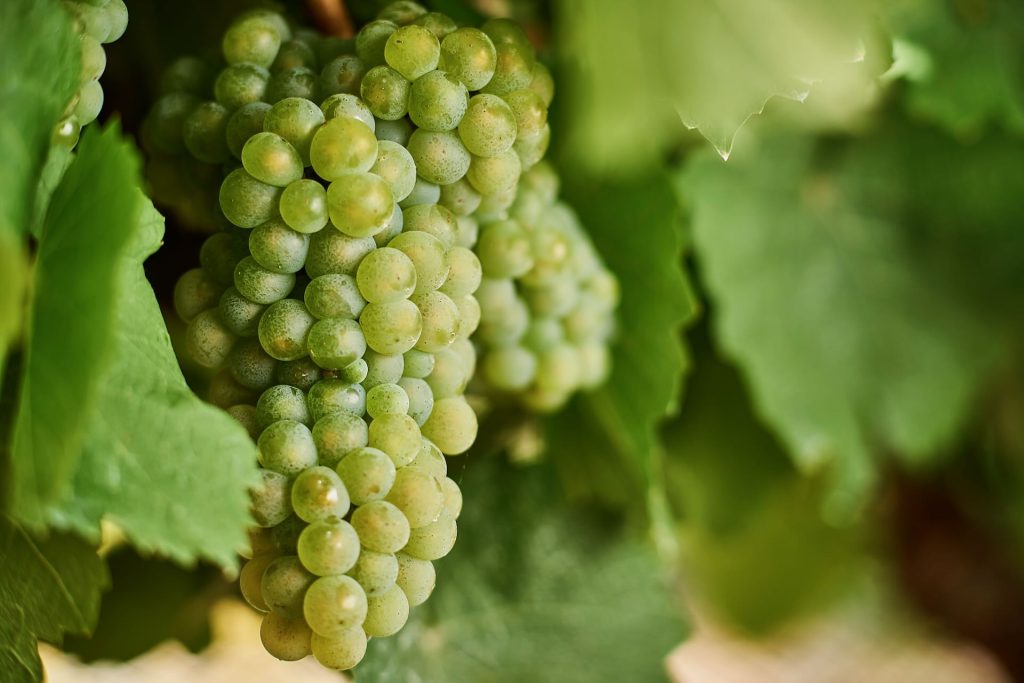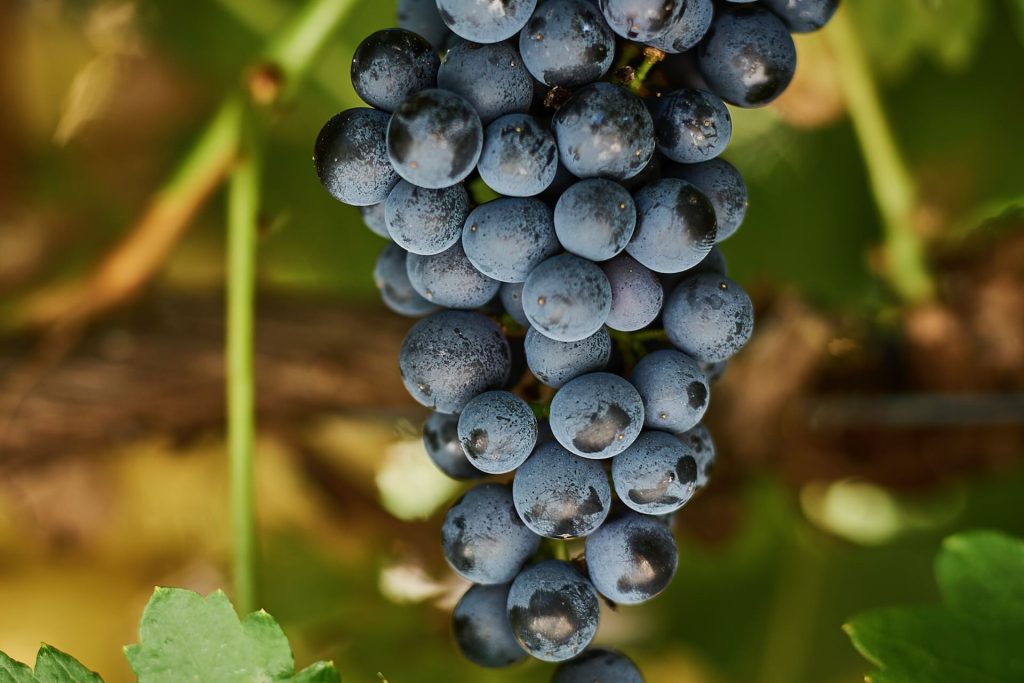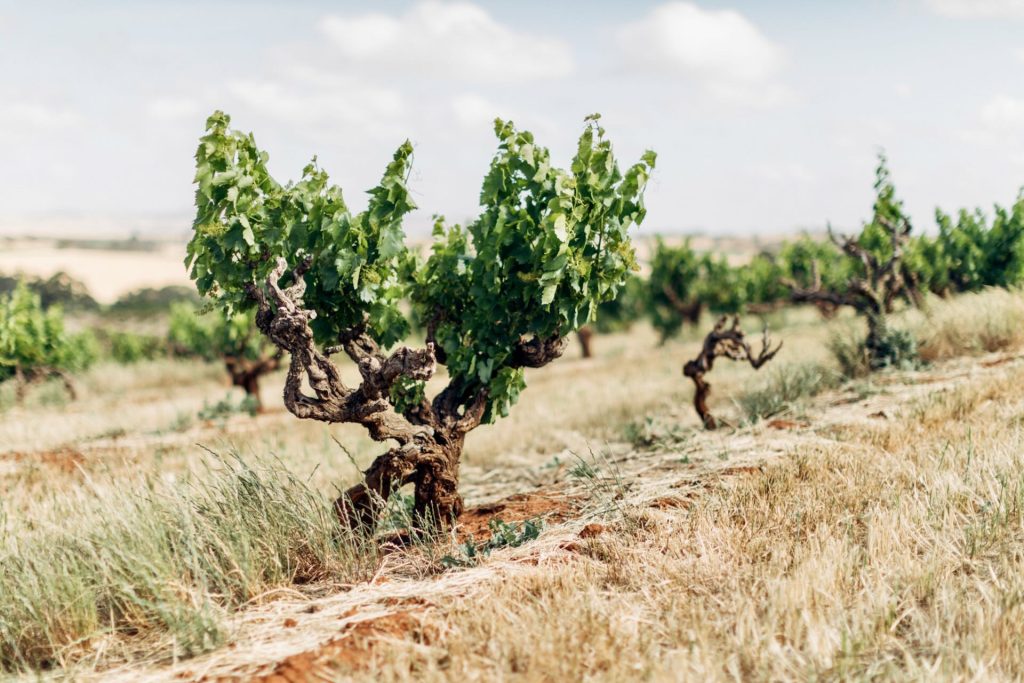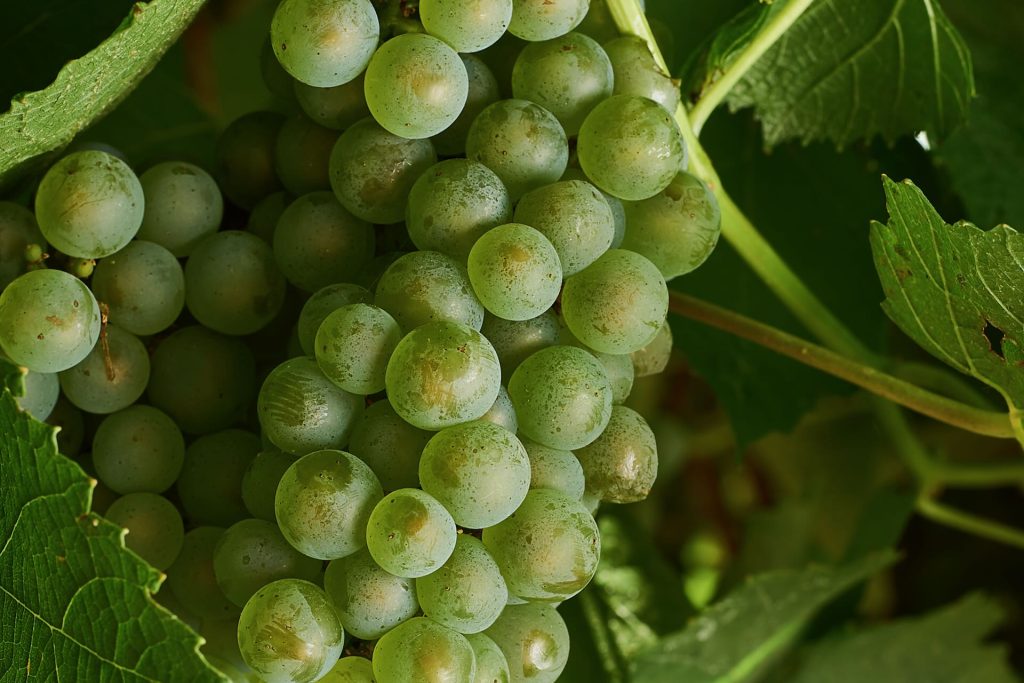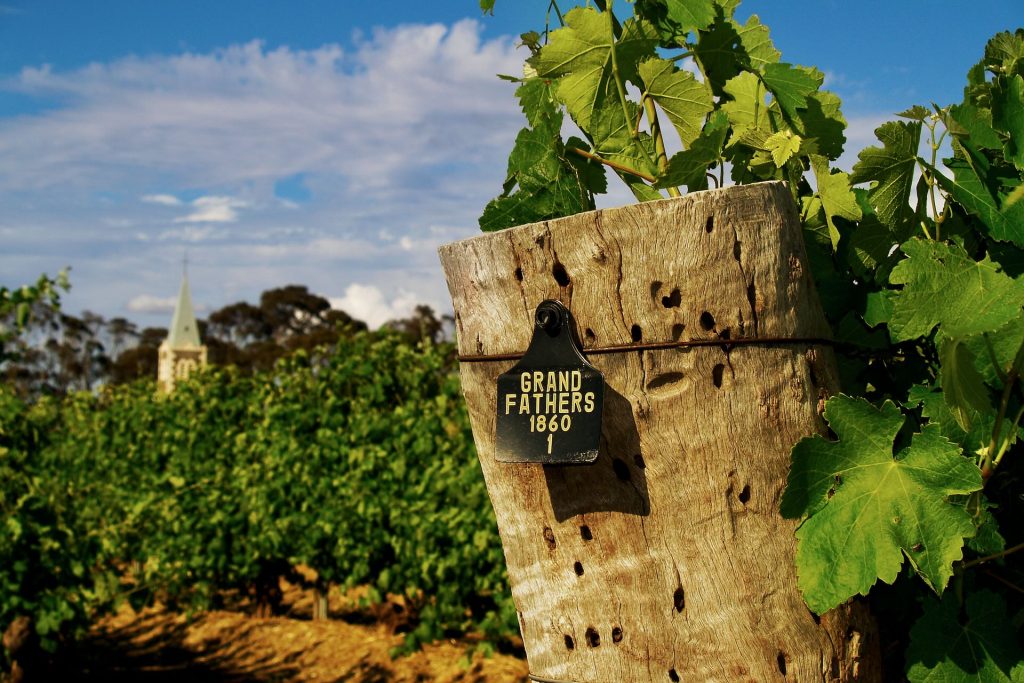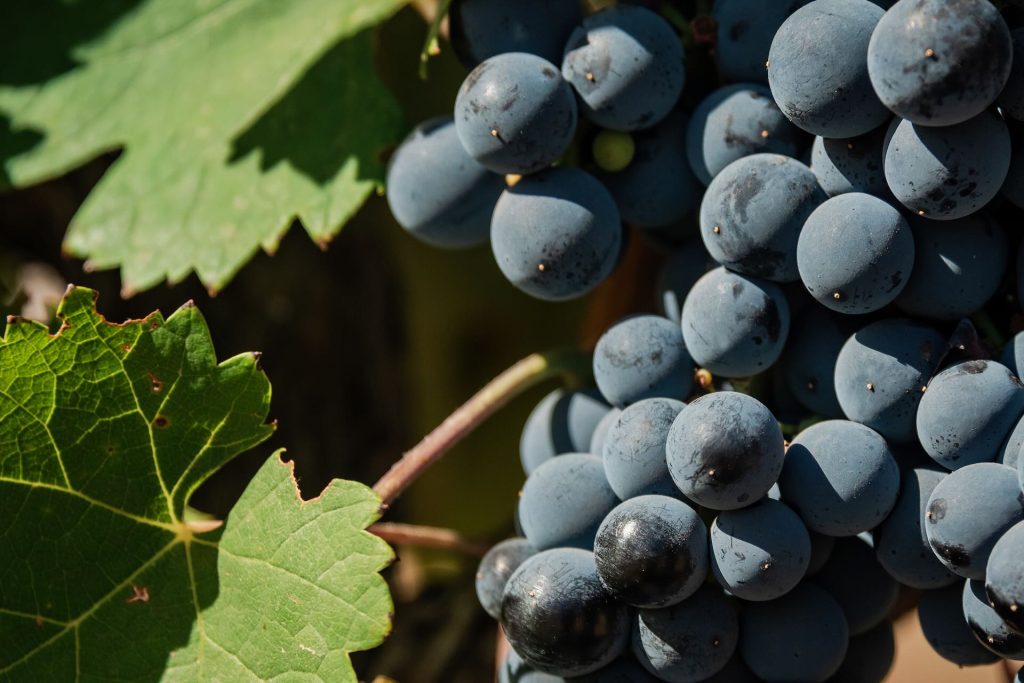Barossa Cabernet is known for its deep, rich fruit profile—blackcurrant, plum, and dark chocolate—layered with fine tannins and savoury, earthy undertones. Unlike cooler-climate Cabernet, which can show green or herbaceous notes, Barossa’s warm days and careful vineyard management ensure fully ripened fruit with plush texture and structure. The variety thrives in both the valley floor’s clay-based soils, which produce opulent, full-bodied expressions, and the higher-altitude Eden Valley, where cooler temperatures result in more elegant, aromatic styles with lifted acidity and longevity.
Winemakers use a combination of traditional and modern techniques to refine Barossa Cabernet’s depth and character. Extended maceration, precise tannin management, and maturation in high-quality oak—predominantly French but sometimes American—help create wines of exceptional balance and ageing potential. The best examples continue to develop over decades, evolving into layered, expressive wines that retain their power while gaining complexity.
While Cabernet Sauvignon stands confidently as a single varietal wine, it is also a key component in some of Barossa’s most respected blends. The classic Cabernet-Shiraz partnership—a style uniquely Australian—has been a hallmark of the region for over a century, enhancing both varieties by combining Cabernet’s structure and length with Shiraz’s generosity and mid-palate richness.
Today, Barossa Cabernet Sauvignon continues to earn global recognition, with wines from iconic producers and small-batch artisans alike showcasing the variety’s versatility and pedigree. As the region’s winemakers experiment with site selection, clonal diversity, and sustainable vineyard practices, Barossa Cabernet is proving itself to be more than just an alternative to Shiraz—it is a defining part of Barossa’s legacy and future.
Wineries offering Cabernet Sauvignon









Flaxman Valley
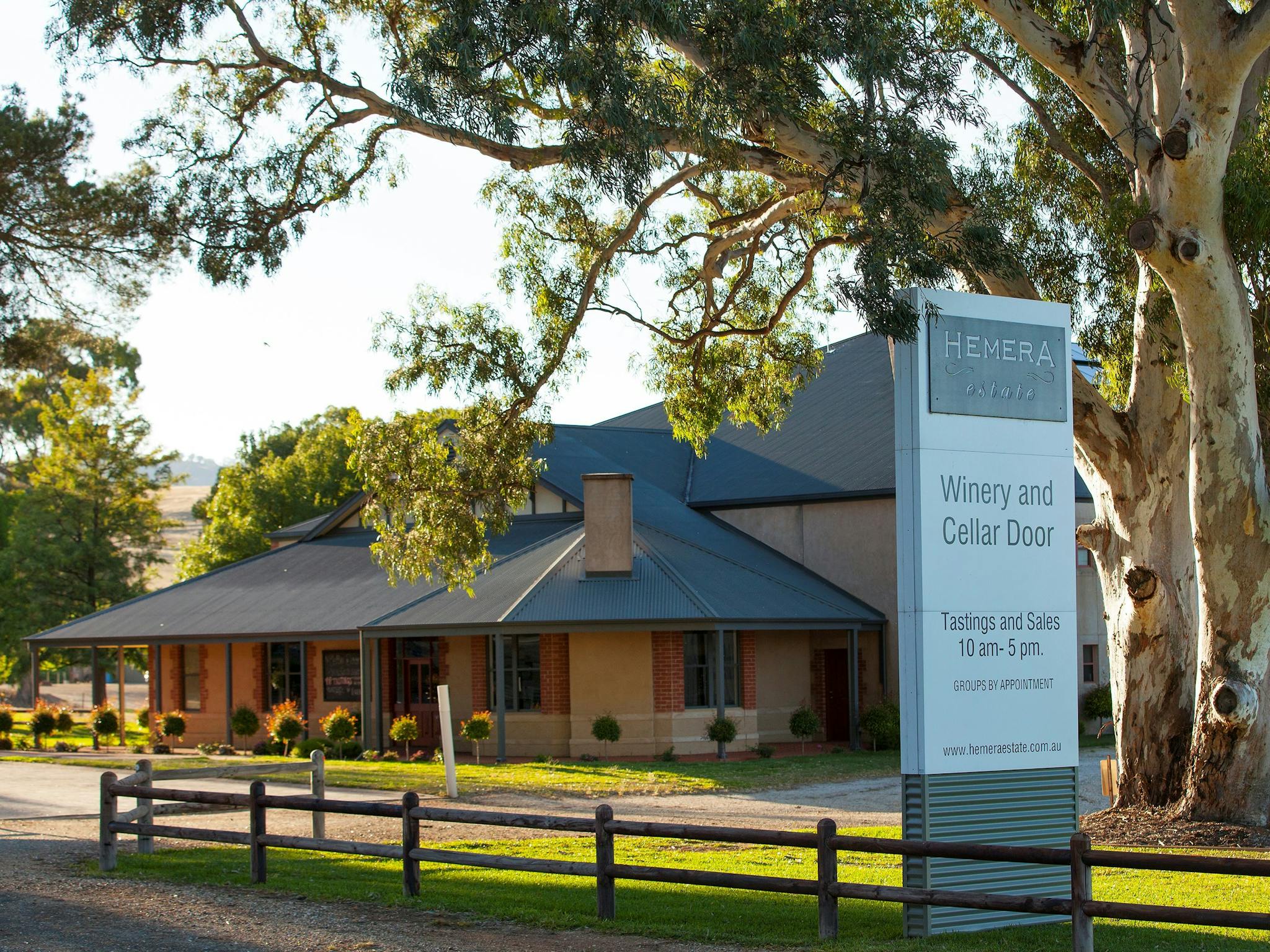
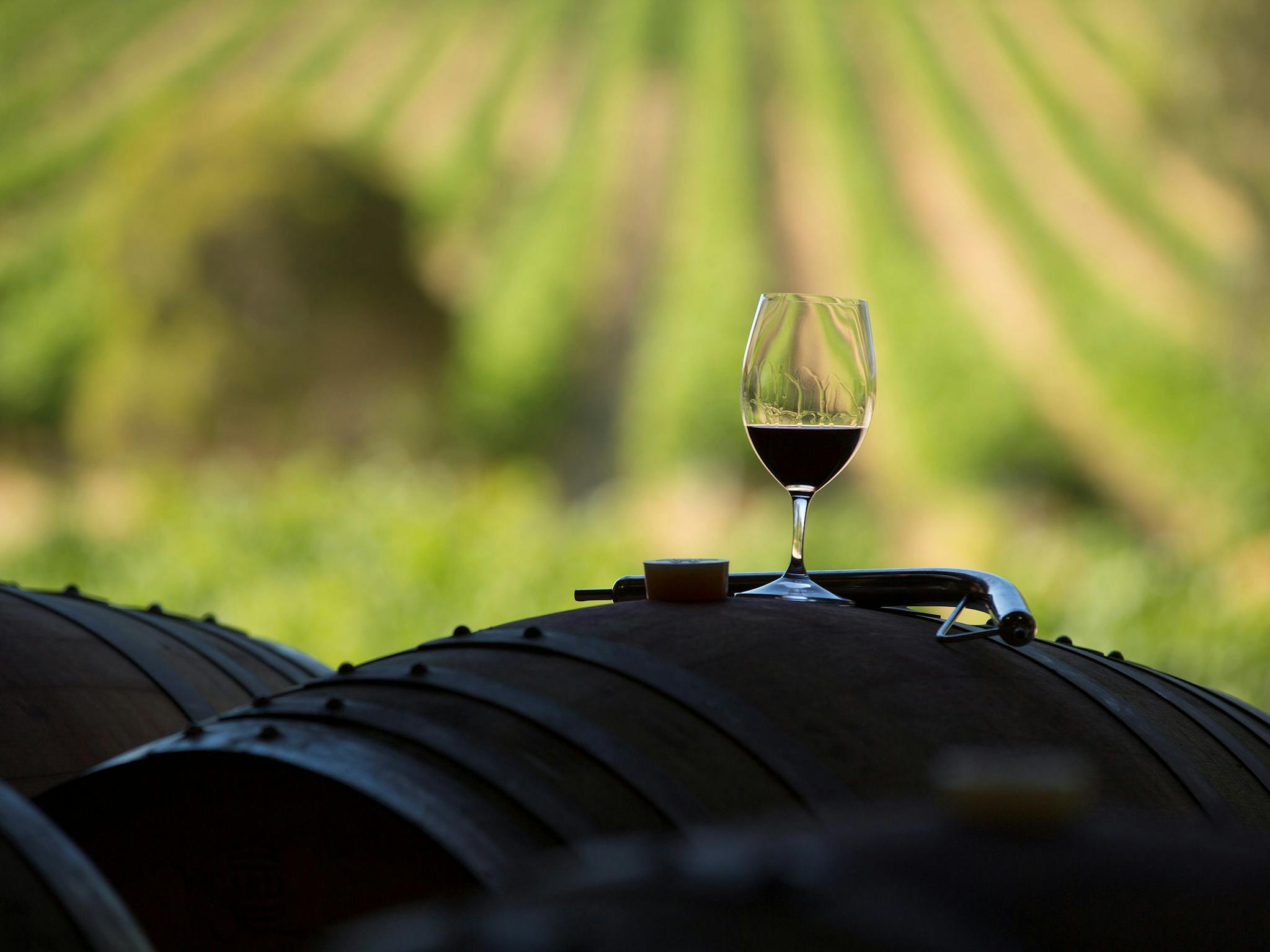
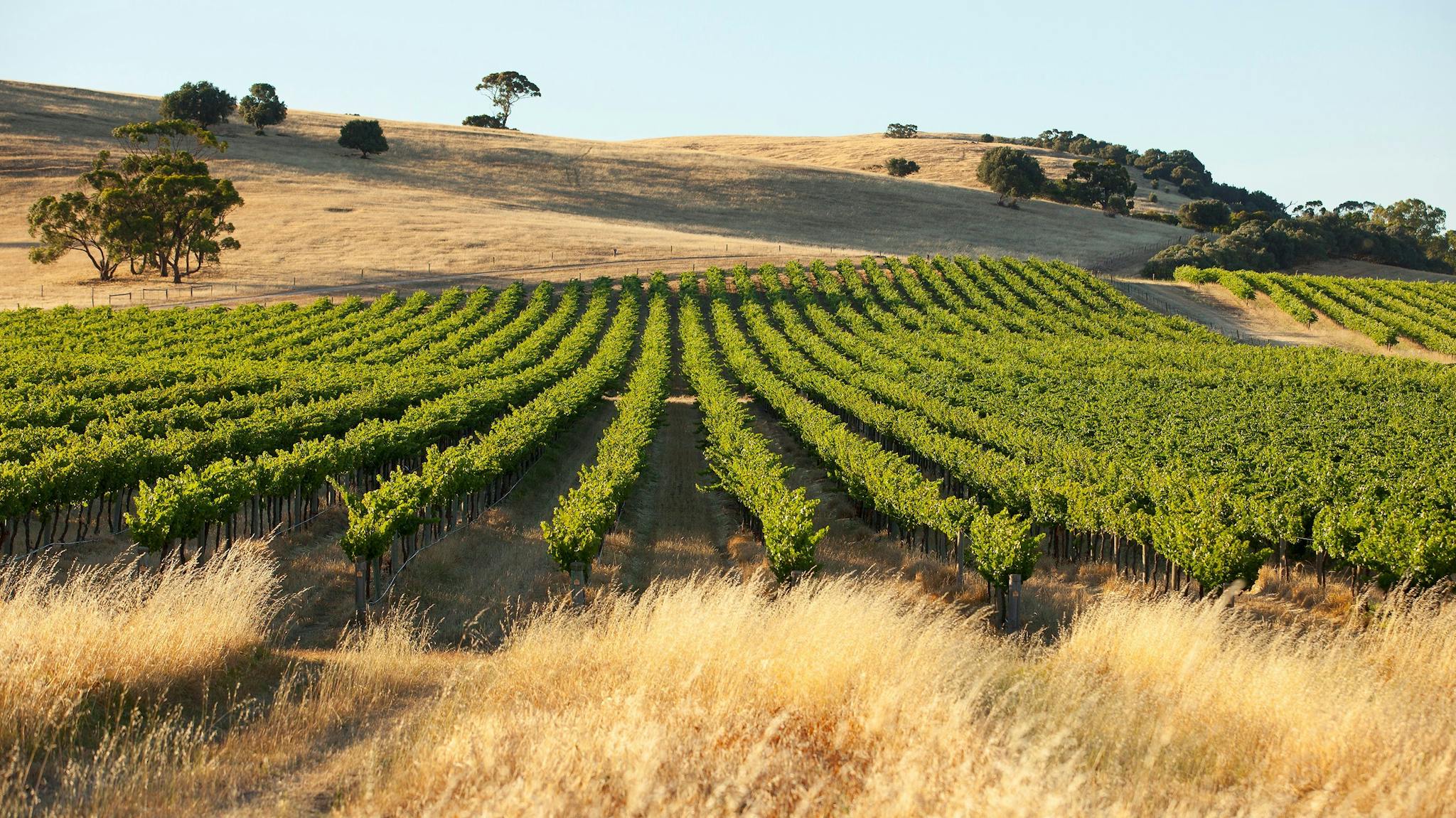
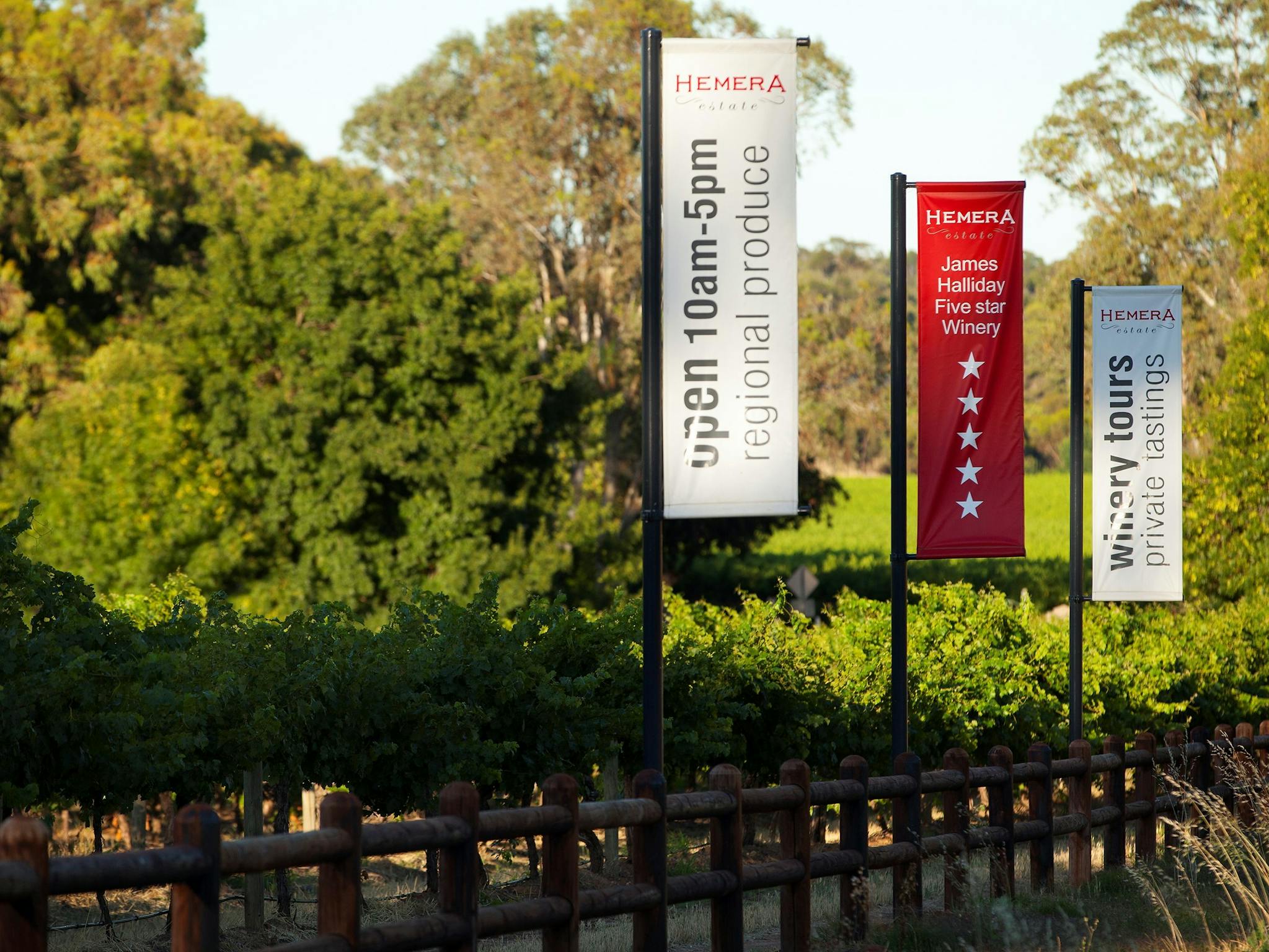
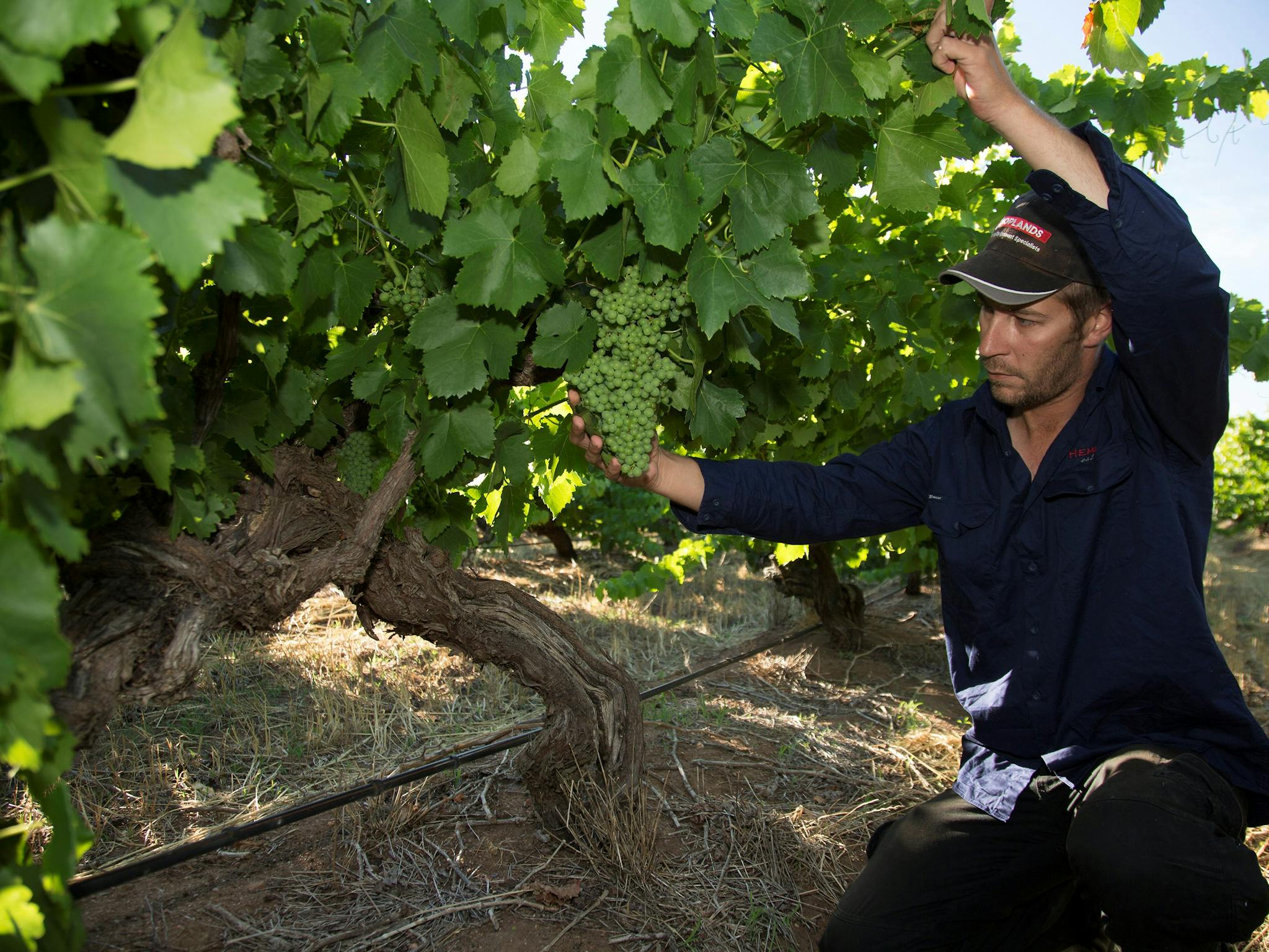
Lyndoch
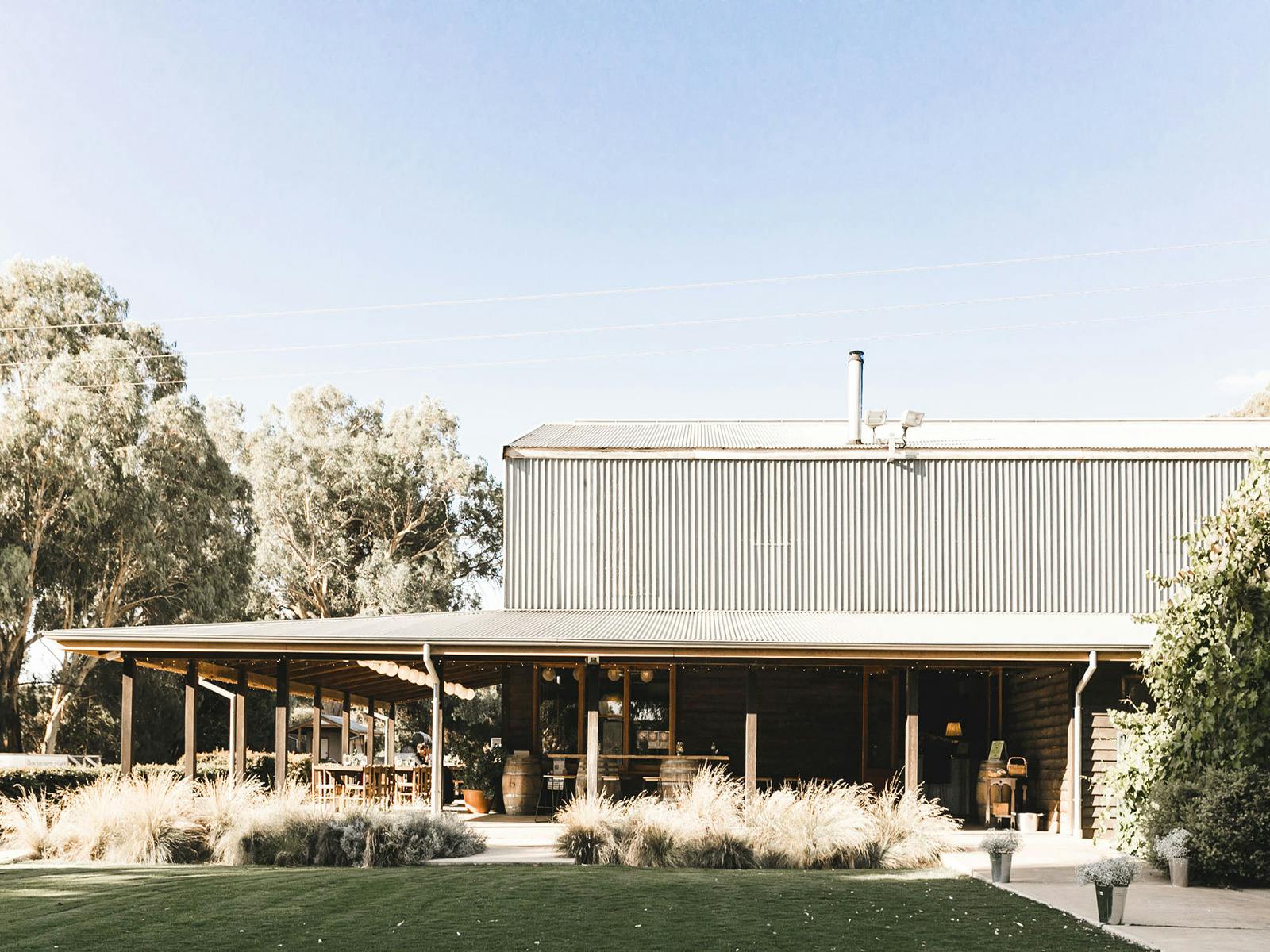
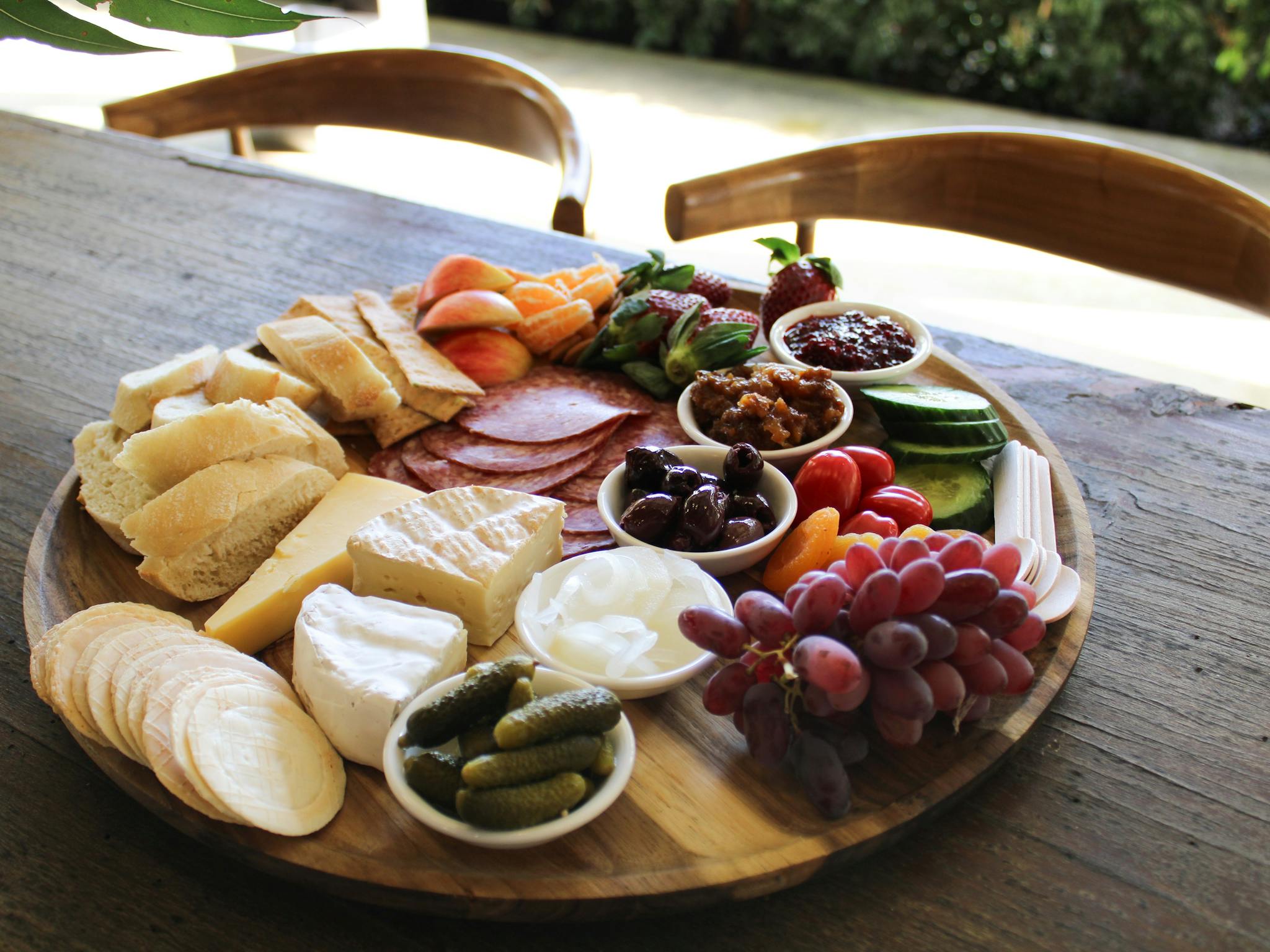
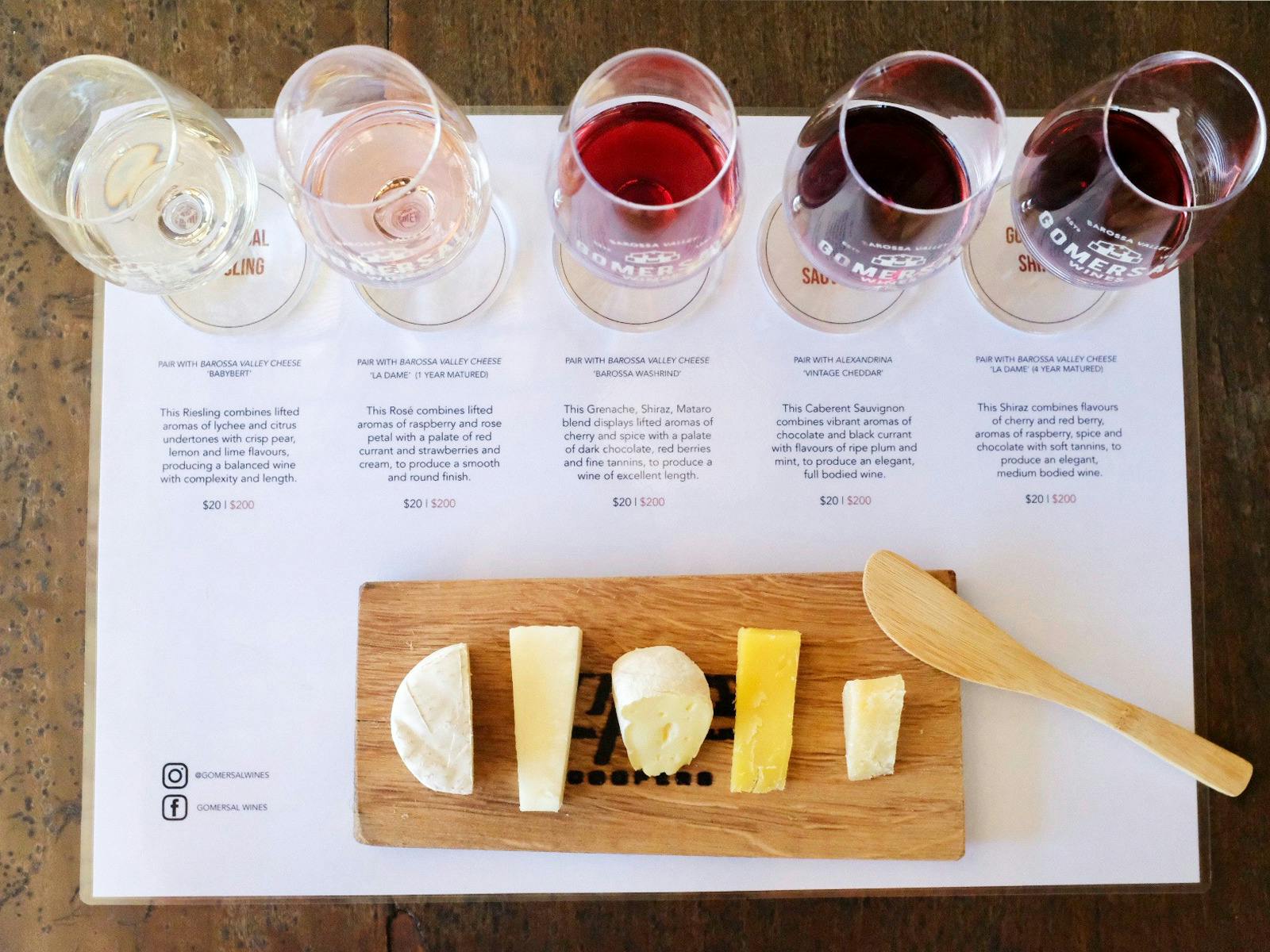
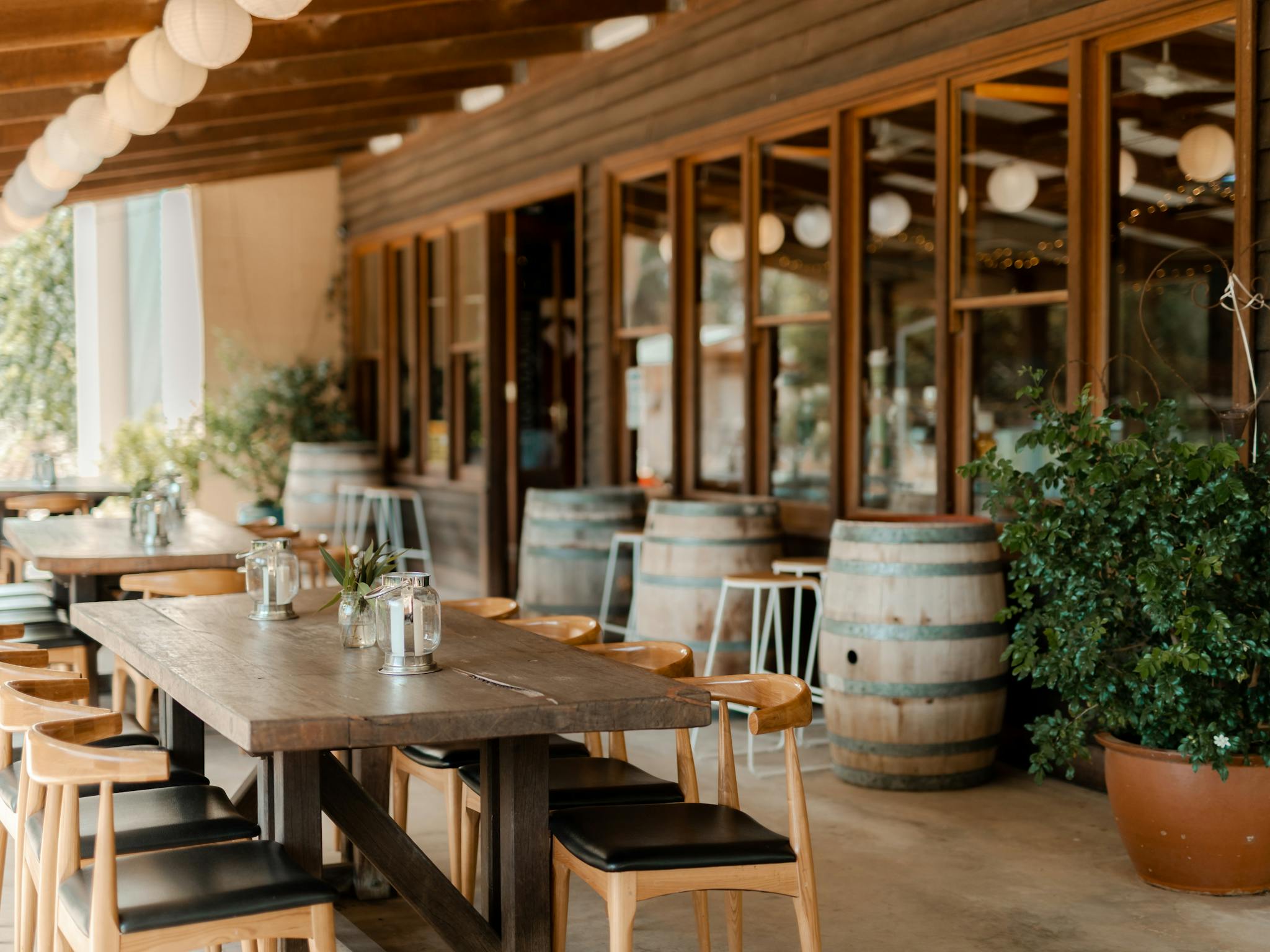
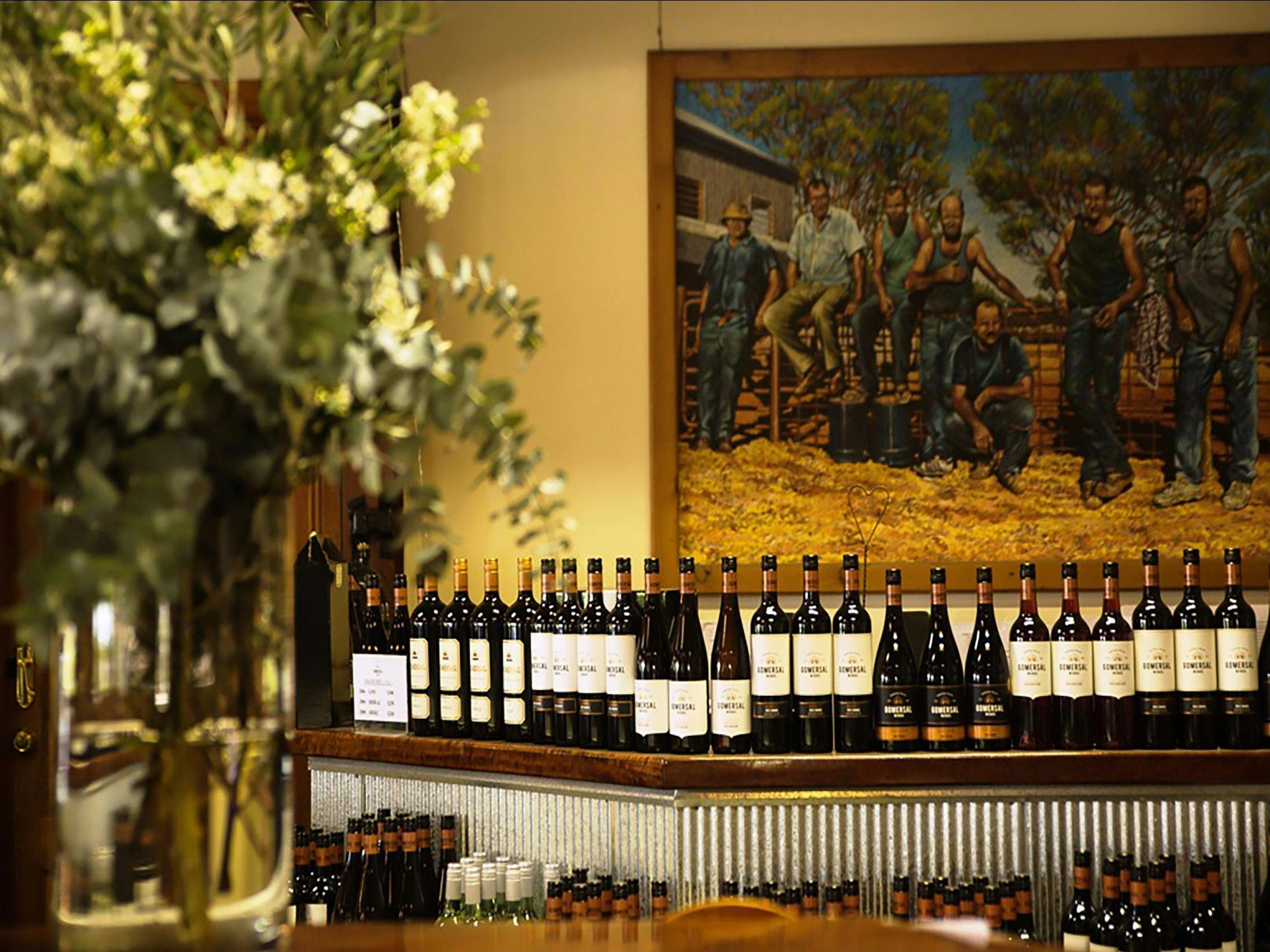

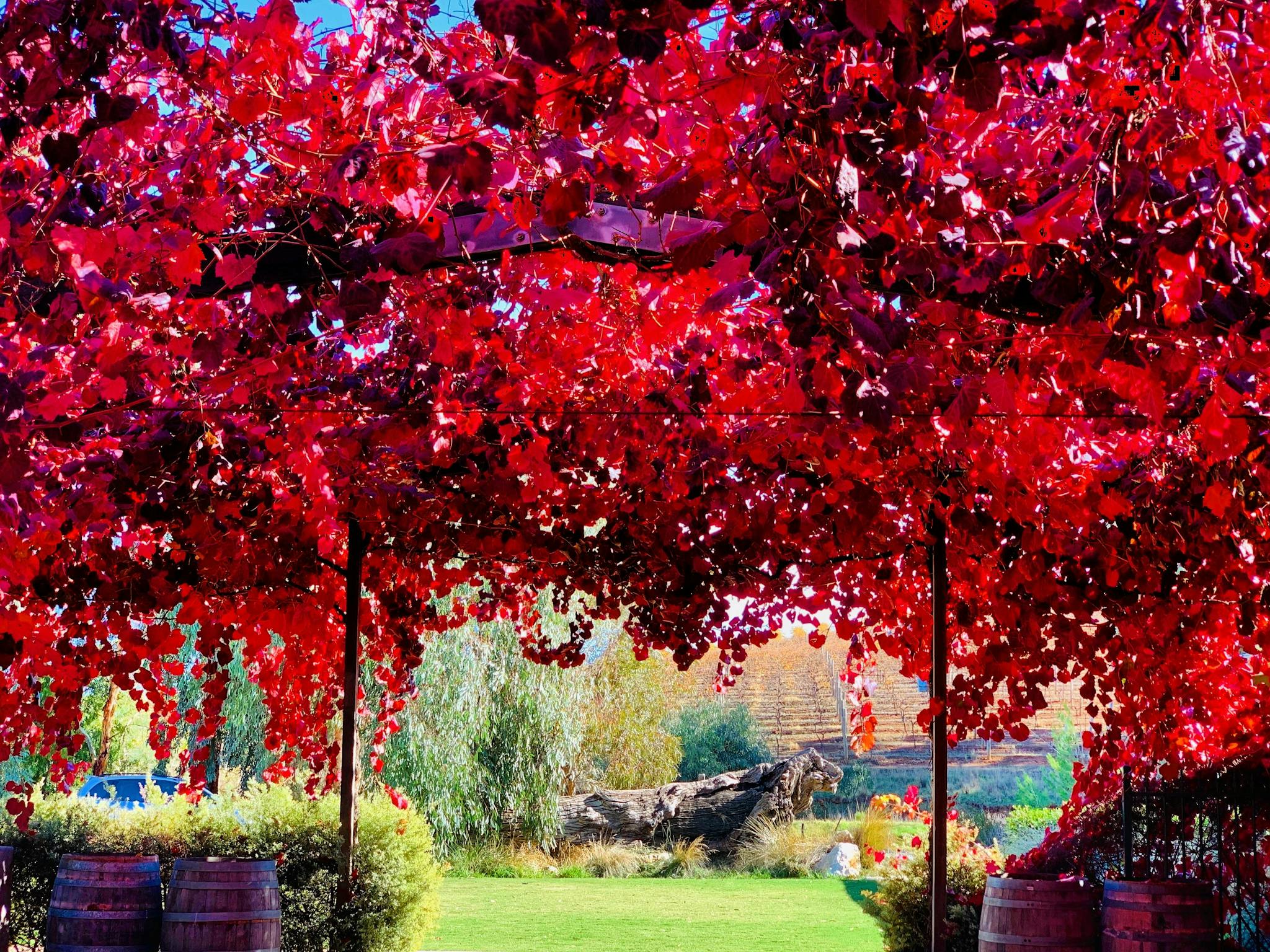
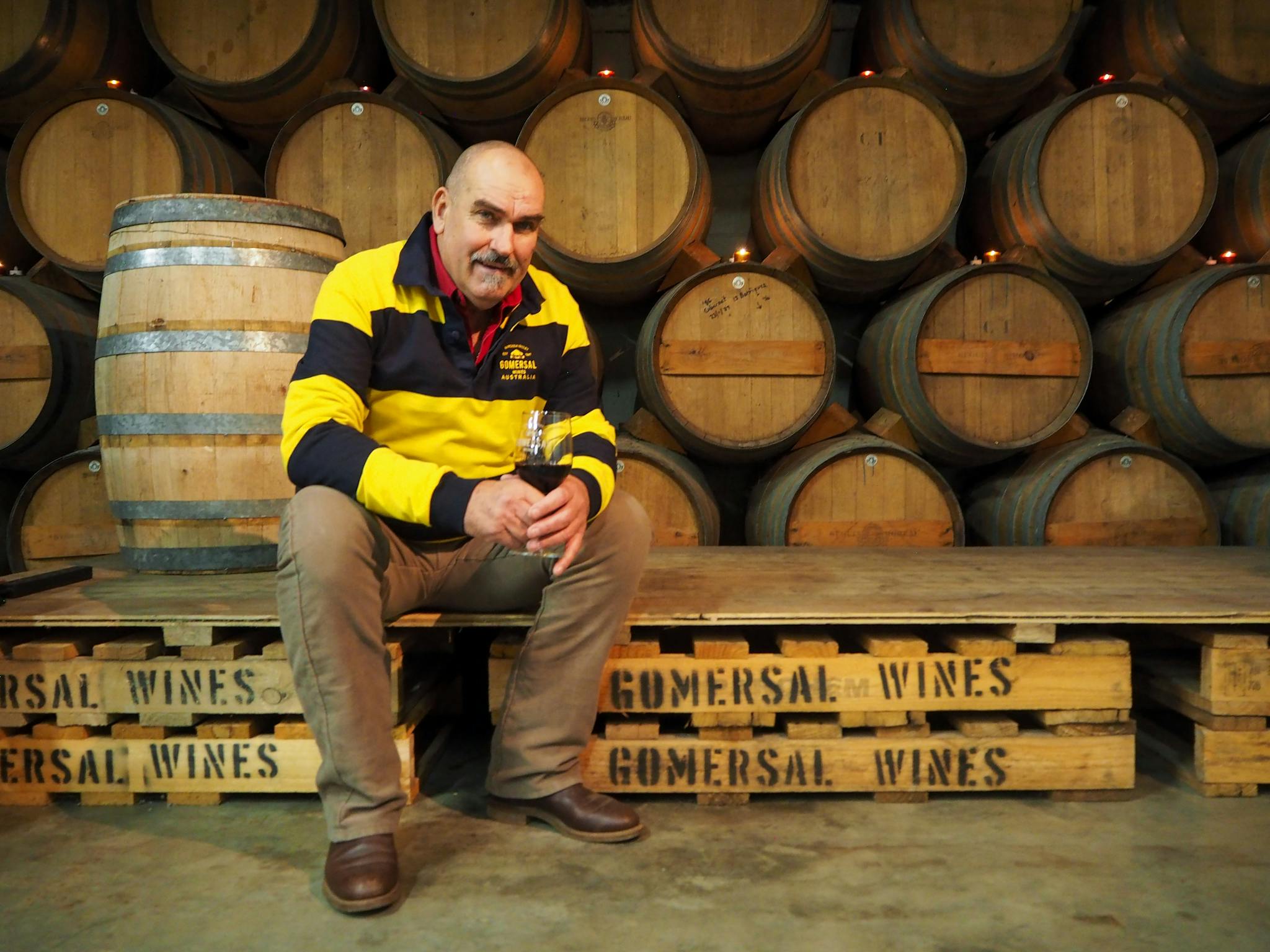
Gomersal








Tanunda
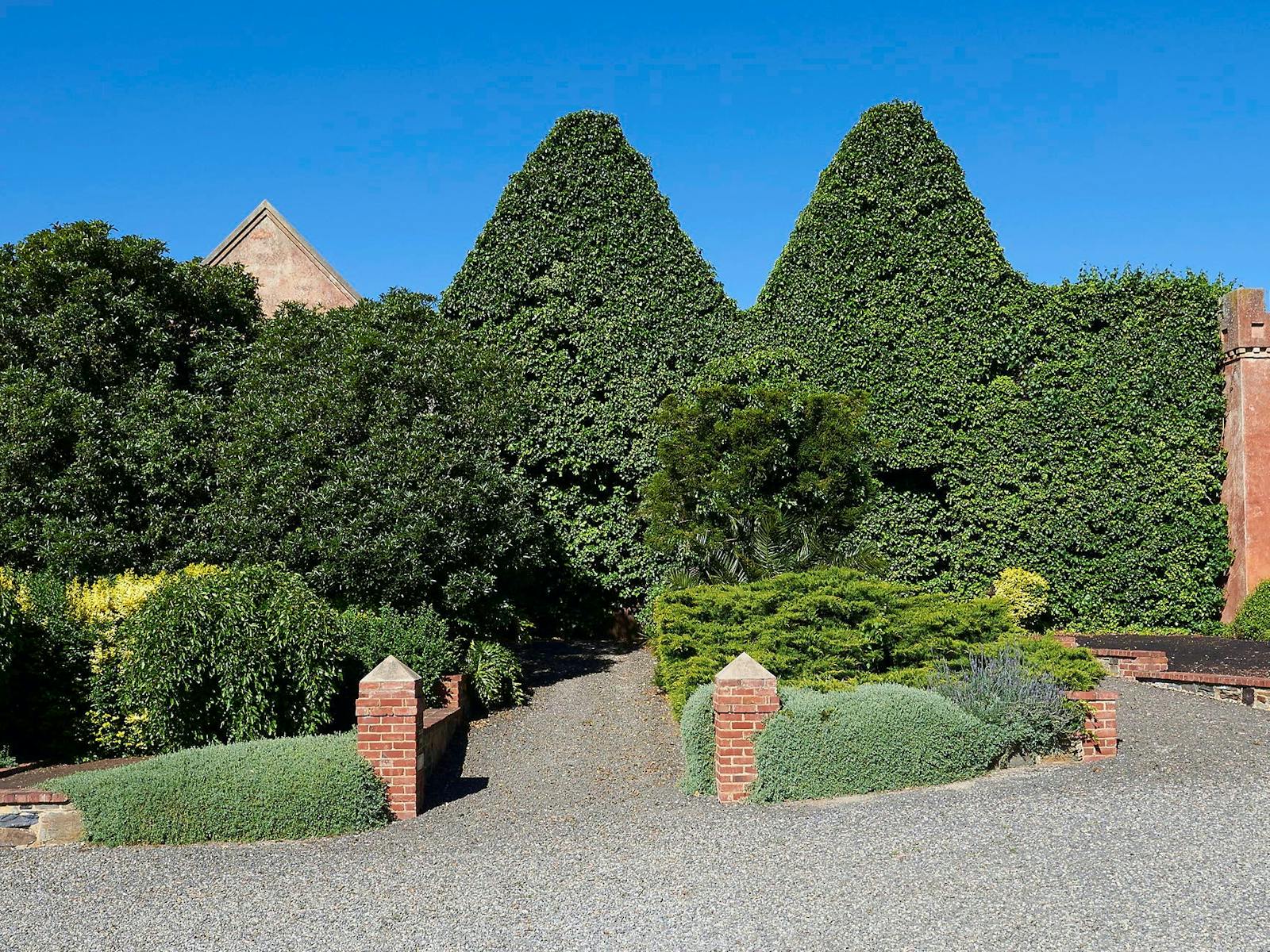






Lyndoch
